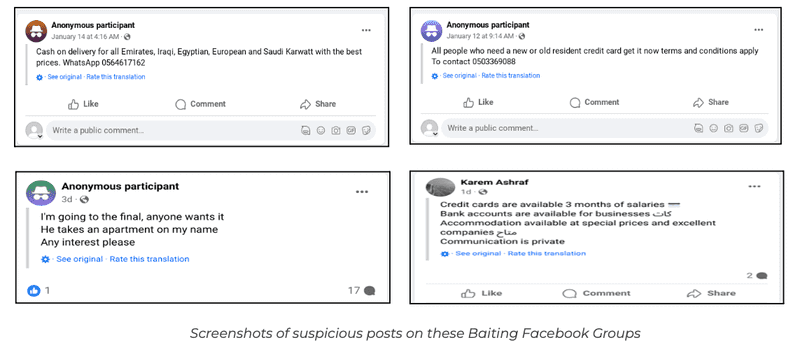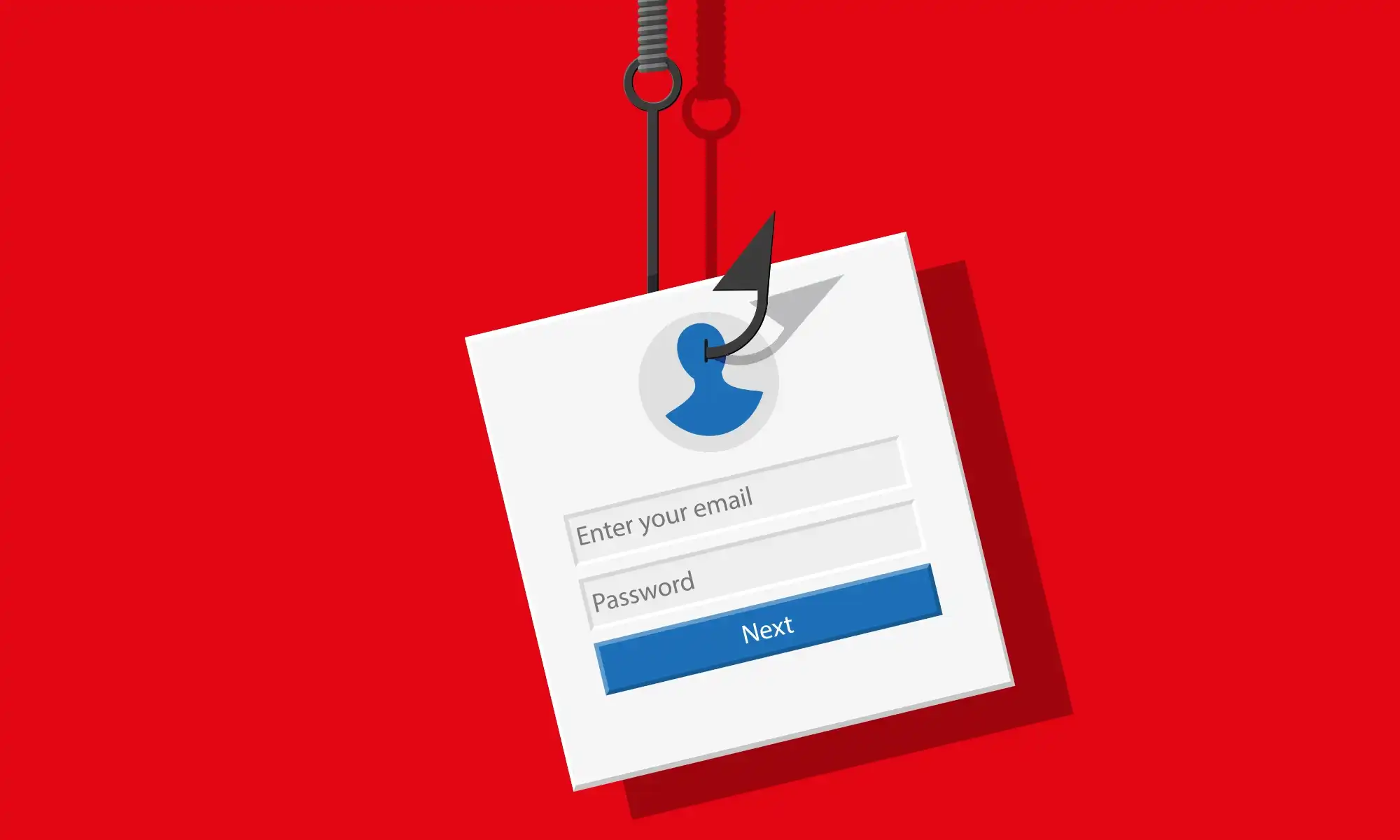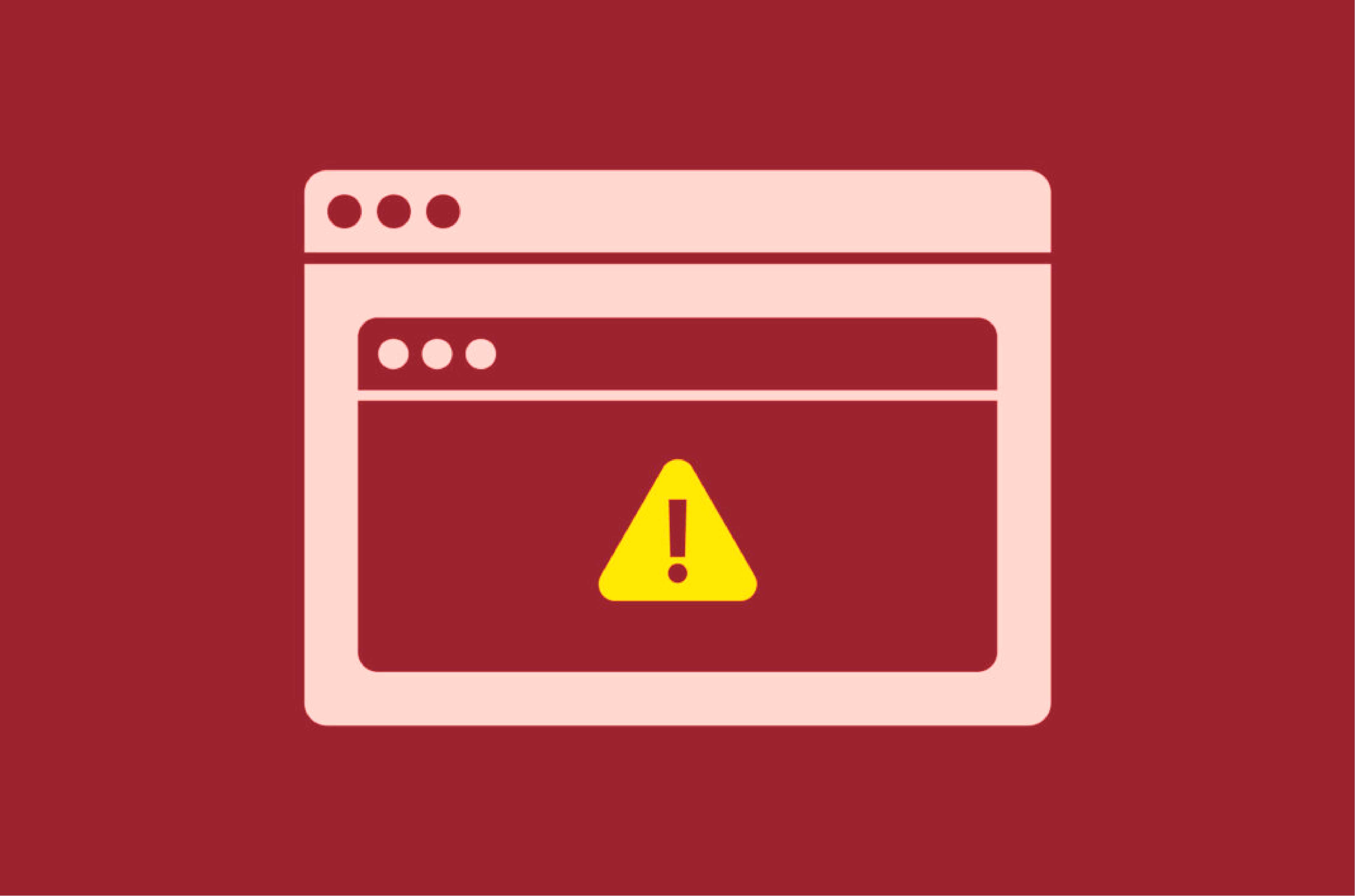Content
CTM360 discovered an ongoing fraudulent activity on Meta's social media platform, ‘Facebook’.
29 Jan 2024

Threat Overview
While conducting fraud hunting exercises, CTM360 discovered an ongoing fraudulent activity on Meta's social media platform, ‘Facebook’. This particular scam involves scammers using Facebook public groups to disseminate fraudulent schemes. These groups are created solely to bait victims. By leveraging these groups, the scammers can reach a large audience that shares common interests or belongs to specific regions. Unfortunately, this fraudulent activity has resulted in financial losses for many unsuspecting individuals.


Fraud Methodology
The scammers begin by either scouting Facebook groups OR creating new groups that serve the scammer's goal, aiming to identify the target audience. This is likely done through various criteria such as:
-
Page Topic: the main drive and title that define the overall niche.
-
User Interests: the general interest and posts shared in the group by the members.
-
Targeted Region: the location where the scammer wants to target the users.
Scammers are carrying their scams through Facebook and specifically through Facebook groups to abuse its private nature with the ability to mask the profile’s name causing a noticeable rise in fraudulent activities advertised with untraceable users - through the "Anonymous Participant" feature in Facebook Groups.
Within the suspicious posts, scammers are claiming to provide bogus services like:
-
Fraudulent Payment Installments
-
Loans or loan restructuring
-
Issuance of Credit Cards with high limits
-
Fake Job Posting
-
Stolen Gift cards
Why Should Organizations Be Concerned?
To reflect legitimacy of the fraudulent promotional post the scammers abuse genuine company name or genuine product brands.
Scammers adopt various tactics, such as presenting themselves as authentic sellers offering enticing deals on products. So they are “impersonating” your organization, brand or identity of your executive management.
Their goal is not to deliver the promised items at all or to provide counterfeit goods. Hence they impersonate well-known brands, celebrities, or even users' friends within these groups, leveraging these false identities to deceive individuals into disclosing sensitive information or making monetary transactions.
One variation of the scam posts claims to host free giveaways or contests. These seemingly attractive offers often serve as a guise to harvest personal information or involve users in deceptive activities. The other scam cases range from inquiries about installment options, salary transfers, credit card applications, loans, and job opportunities to scams like Advance-Fee Fraud.
The unauthorized use of an organization's brand name in posts within such Facebook groups poses a significant concern. At minimum it has implications on reputation, furthermore your customers could suffer financial losses or compromise their personal information, leading to broader implications for both the organization and the affected individuals.
Threat Impacts
The fraudulent posts published in these groups can have various threat impacts on the users such as:
- Financial Loss: These posts often involve fraudulent loan offers that target individuals who are in need of financial assistance. Scammers may request upfront fees or personal information, promising a loan that never materializes.
- Expose Personal Information: When users share personal and financial information in response to fake offers in Facebook groups, there is a risk that this information may be shared or sold to third parties without their consent.
- Phishing Attack: Some loan scams may involve indirect phishing attempts, where scammers might trick individuals into providing their login credentials or other sensitive information through fake loan application forms or websites.
Recommendations
For Businesses:
- Spread Awareness: Conduct awareness campaigns on official social media to educate customers about such scams.
- Active Monitoring & Takedowns of Baiting Facebook Groups: Such baiting groups should be actively monitored and any infringement identified related to your brand should be reported to vendors for further actions such as Takedown.
For Individuals:
- Be cautious with personal information: Avoid sharing personal information in Facebook groups, especially if the posts seem suspicious or potentially fraudulent. Protect your identity and be wary of any requests for sensitive information.
- Don't Pay Upfront Fees: Legitimate lenders typically deduct fees from the loan amount or include them in the repayment plan. Be cautious of these scammers who request upfront fees before providing the loan. This is a common red flag for scams.





